The Future Leaders Awards program is brought to you in partnership with PointClickCare. The program is designed to recognize up-and-coming industry members who are shaping the next decade of senior housing, skilled nursing, home health and hospice care. To see this year’s future leaders, visit Future Leaders online.
Andy Matthews, vice president of business development for Los Angeles-based 24 Hour Home Care, has been named a 2020 Future Leader by Home Health Care News parent company Aging Media Network.
Future Leaders are high-performing, passionate employees nominated by their peers. Candidates must be 40 or younger and put vision into action while also advocating for seniors and their caregivers.
Matthews recently sat down with HHCN to talk about his career trajectory and how market forces, regulatory changes and the COVID-19 pandemic are changing the home care game.
You can find the conversation below, edited for length and clarity.
HHCN: What drew you to this industry?
Matthews: I was going to the University of Southern California, and I was in the middle of switching from a health care practitioner route to the business side of health care. 24 Hour Home Care had a health care management internship, which I applied to and was selected for.
When I joined, it was just the three owners. They were in startup mode, with one office in the South Bay of Los Angeles. I saw a really great vision initially.
I love health care because it’s a chance to help people. I really liked home care specifically because there’s a little bit of entrepreneurial spirit to it.
They brought me on as the first employee shortly thereafter, and I’ve helped them grow the company from one office to now 20 locations across Arizona, California and Texas.
What’s the biggest lesson you’ve learned in home care?
The more adaptable you are to change, the more likely you are to succeed.
There have been a lot of industry changes, whether they’re regulatory or minimum wage or COVID-19.
At 24 Hour Home Care, we’ve really risen to all of those different challenges, most recently with COVID-19.
We started providing temperature screening services and using our caregivers to screen essential workers and help them get back to work. We also started providing COVID-19 testing to nursing homes in our communities, setting them up with a partner of ours so they could test their residents and workers.
If you could change one for the future of home care, what would it be?
Over the past several years, it’s been encouraging to see organizations and payers funding home care.
Medicare Advantage is brand new, but it’s very exciting to see those plans starting to cover home care services. We also work with the VA in a similar program, where veterans that could be considered for nursing home placement can receive home care instead. These organizations are seeing cost savings involved with keeping people at home and preventing more severe health outcomes.
I would love to see more organizations continue to fund home care. More insurances would be very welcome.
I’m starting to see the tide turn now with some of these programs. I hope we continue to see that, and one day everybody has access to home care.
What do you foresee as being different about the home care industry in 2021?
Cost considerations have always been front of mind, but now infection control and safety are the number one issue.
We’ve been fortunate: We were able to secure a good amount of PPE, and after consulting with an infectious disease doctor and getting protocols set up, we felt comfortable caring for COVID-positive patients.
Since March, we’ve provided over 10,000 hours of care to COVID-positive clients referred to us by over 200 hospitals and skilled nursing facilities. In providing that care, less than 1% of our clients and caregivers reported any COVID-19 exposure in the home setting.
That’s the biggest change every company is adapting to right now, and I think it’s going to be present through 2021.
In a word, how would you describe the future of home care?
This word is said so often now, and before 2020 I don’t think I used it very often: Essential.
Our workers are essential. They’re providing a service needed to keep people safe and comfortable in their homes. I also believe that home care is going to be essential in the future in that it is a cost-effective and safe way to provide care.
Including home care in the continuum of care is going to be the way of the future.
To learn more about the Future Leaders program, visit the Future Leaders homepage.




